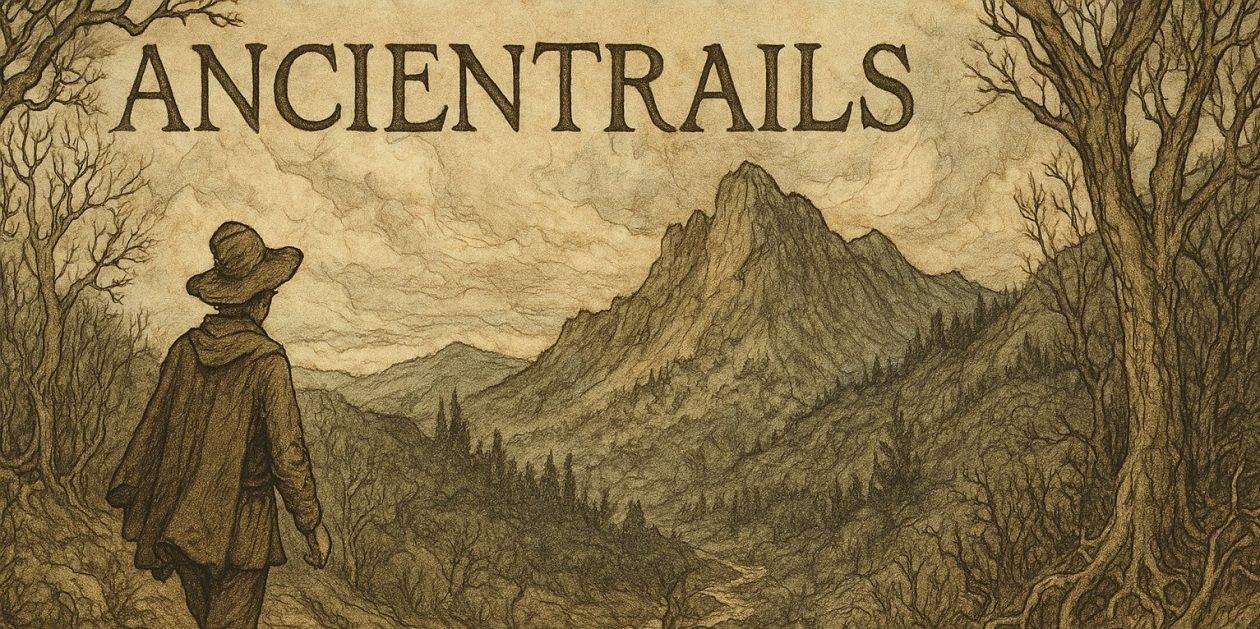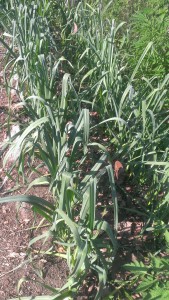Imbolc Hare Moon
A bit more on an old topic, inspired by thinking about Jenkinson’s remarks that appear below.
The humanities are important as just that, the human forming portion of our educational deposit. Over the millennia, stretching back to the time of gods emerging from the deserts of the Middle East and continuing right through the poetry and literature and painting and sculpture, the movies and television and games, the sports and horticulture and domestic arts of our day, we have had to grow into our lives, into our identity as human beings. It is not easy, but it is the most important task we have and the one which the family, the schools, our societies and cultures exist to engage.
This is not an argument for the humanities over science, technology and mathematics. Far from it. We have needed and will continue to need the valuable insights that come from deep thinking about the atomic structure of things, the hard rock science of the earth, the softer touches of the biological inquiries and the neuroscientific and all the other forms of scientific endeavor with which we humans engage. But consider the difference in importance between raising a boy or a girl and lifting a rocket ship to the moon. Which matters more?
It is not in the theory of evolution or in the biological sciences or in matters astronomical that we find the answer to such a question. Even though we often pretend it is in this insecure age the answer is not in the psychological studies. No, the answer to a question of value, of significance, of which is more than this lies only in the realm of culture.
The most important task of our time is said simply and defined humanistically, but requires the sciences in all their potency to finish: create a sustainable human presence on this earth.
Why is this most important? Because if it is not accomplished, the earth, no matter our scientific prowess, will scour us from her face. She will make the thin layer of our habitation, from maybe 6 inches below the surface of the soil, to maybe 12 miles or so above the earth-the troposphere where most weather occurs-outside the parameters necessary for our existence. That is, as the biologists are found of saying, an extinction level event.
So we are at a moment of kairos, a greek word meaning the opportune time. Paul Tillich a theologian of the last century saw kairotic moments as “…crises in history which create an opportunity for, and indeed demand, an existential decision by the human subject.” Wiki His clearest example from the mid-point of that bloody hundred years was World War II, but even WW II and WW I put together do not equal the crisis we face now, a kairotic moment which, as Tillich said, demands an existential decision by us all.
(damaged relief of the Greek god Kairos of 4 century. BC)
The will and the skill to make that decision, a decision for or against our children and our grandchildren’s future, lies not in the sciences, but in the humanities. It is in our sense of who we are as a species, as a being with a history, that we will find what we need to decide. And, contrary to many, I am now convinced that the biggest barriers confounding our ability to make a non-suicidal decision lie in the realm of governance, a thoroughly humanistic endeavor.
Strip away those disciplines that force us to consider our humanity and we will be left with the calculus of Malthus.

